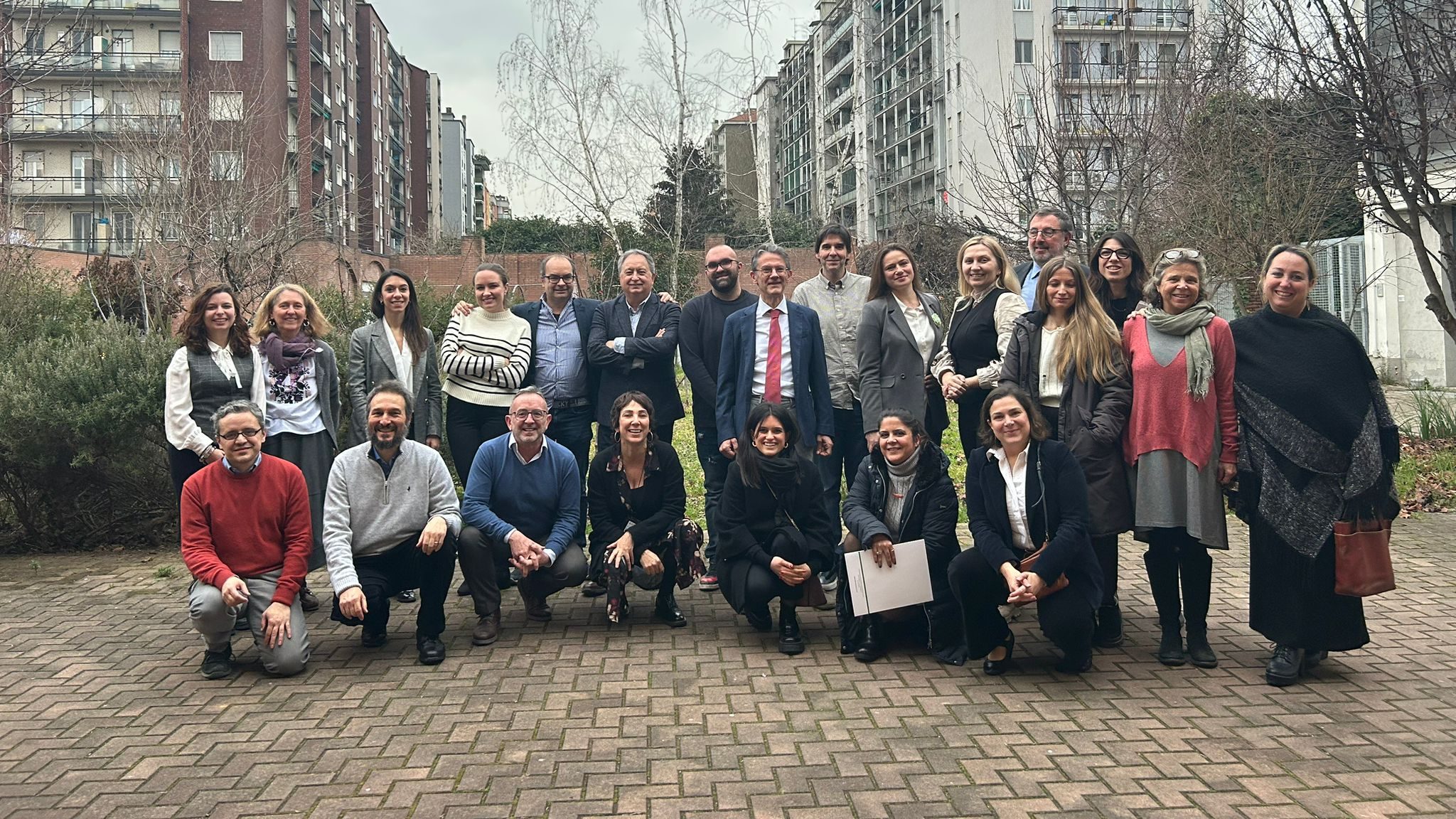
Over 11 European health and research partners, among which is the IISPV, are collaborating to promote breast cancer prevention in the ELISAH project (European Linkage of Initiative from Science to Action in Health). The international consortium has received funding from the European Commission to decrease the impact of breast cancer by addressing modifiable risk factors of the disease.
Breast cancer remains a significant global health challenge. In 2020, regardless of gender, breast cancer ranked as the first most frequently diagnosed cancer worldwide, accounting for 11.9% of cases. During that year, there were over 2,2 million new cases reported worldwide in 2020, and more than half a million cases in Europe alone, resulting in 684,996 deaths. Only 5– 10% of all breast cancer cases are caused by genetic disorders, while the remaining 90–95% are linked to environmental and lifestyle factors.
For this reason, the ELISAH European project focuses on collectively studying environmental pollution, the built environment, unhealthy nutrition, lack of physical activity, and alcohol and tobacco use.
The consortium brings together a diverse group of experts, including epidemiologists, clinicians, statisticians, public health professionals, psychologists, physicians, and engineers. This collaboration is tailored to address the multifaceted nature of breast cancer, recognizing the strong interrelationships between risk factors.
The 3-year project aims to deliver well-informed policies and medical interventions in line with the principles outlined in Europe’s Beating Cancer Plan. Structured into two distinct phases, ELISAH begins with a thorough analysis of national cancer plans, breast cancer rates, and the distribution of risk factors.
The second phase involves designing innovative interventions and actions to overcome current limitations in breast cancer prevention. This includes a web-based platform for lifestyle changes, targeted initiatives to raise awareness of risk factors, and screenings in specified regions.
A multidisciplinary consortium
The ELISAH project is funded by the European Commission (Call EU4H-2022-PJ-3), and has a budget of almost 1 million euros. Coordinated by the Istituto Nazionale dei Tumori (Italy), the consortium is also composed by the Institut d’Investigació Sanitària Pere Virgili – IISPV; Institut Català d’Oncologia Girona Biomedical Research Institute-IDIBGI; Ethniko Kai Kapodistriako Panepistimio Athinon (Greece); Utility Non-Profit Enterprise Ivano-Frankivsk Central City Clinical Hospital (Ukraine); Azienda Ospedaliera Universitaria Policlinico Paolo Giaccone Di Palermo (Italy); Salute Donna Onlus (Italy); Cittadini Per L’Aria Onlus (Italy); Carpathian Institute Of Analytics – FrankoLytics (Ukraine); Universita Degli Studi Di Brescia (Italy); and the Universita Degli Studi Di Perugia (Italy). Last week, representatives of all institutions held the first consortium meeting in Milan, Italy.